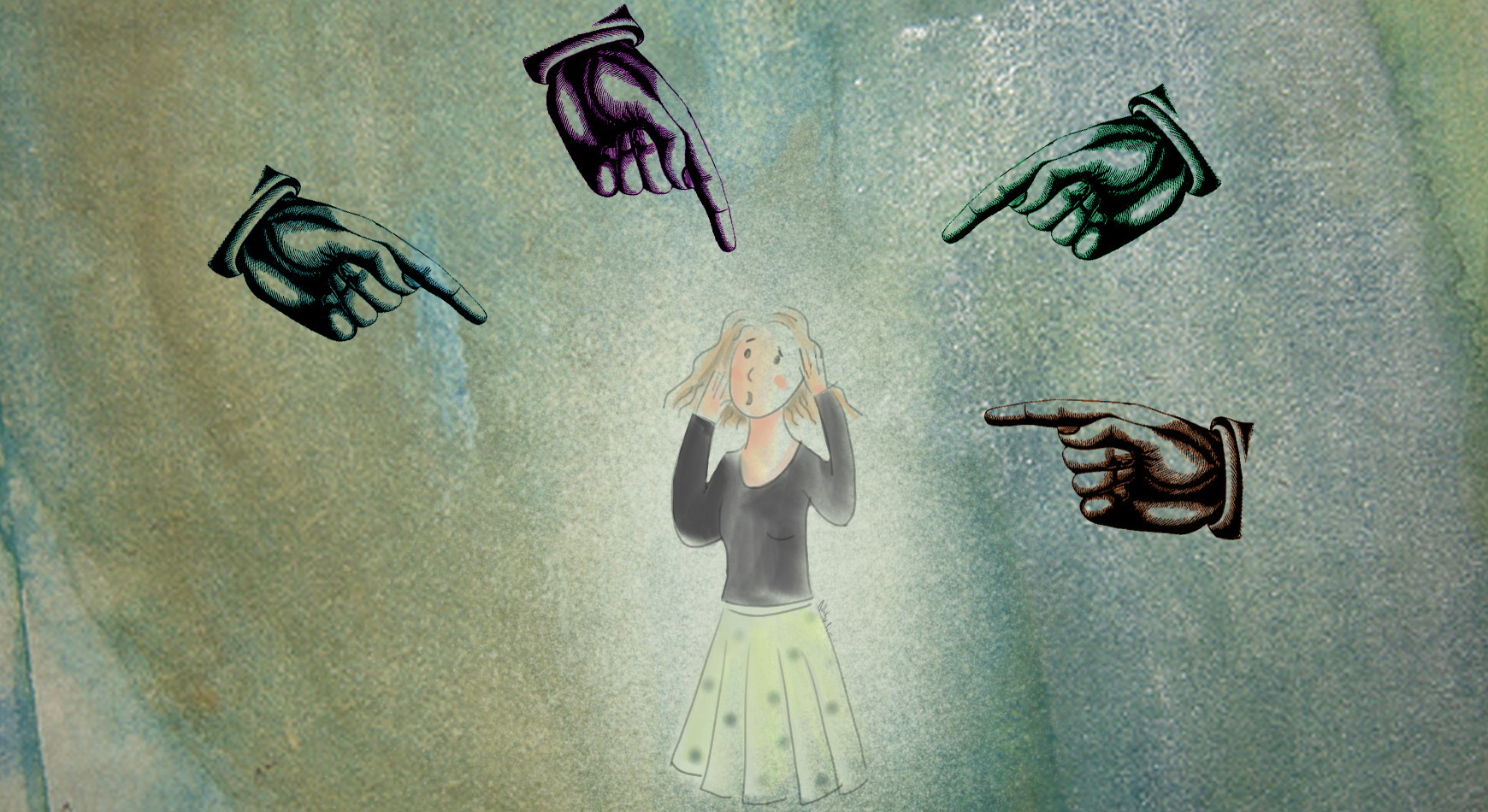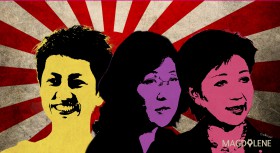I was raised by parents who divided their roles in the household based on their capacities, not gender. My mom was the designated driver because my dad could not drive a car. My dad always did his own laundry and ironed his clothes, while my mom fed the chicken and watered the plants. Sometimes he cleaned up the front yard and scrubbed the bathroom floor because my mom had cooked breakfast since 5 a.m. From their examples, I can testify that marital institution does not always domesticate women.
My parents are not typically paternalistic either. They never dictate how their children must lead their lives. My sisters and I are given the freedom to determine our choices. When many parents pushed their not-so-bright (and less-than-interested) offspring to become doctors, lawyers or other popular professions, my dad fully supported my choice to study philosophy in college. And even though both of them are devout Muslims, they are never fussy about religious attributes. They never measure their daughters’ faith based on qualifications like whether or not they wear a hijab.
However, the parenting style that I’ve received turned out to be a privilege enjoyed by the few. So, interacting with people outside our family for me has been quite a challenge, like when I had to deal with people who doubt a person’s ability because she’s a woman. One memorable incident filled me with frustration when my school’s management head told my father, “If my daughter wanted to attend a student exchange program for a year like your daughter, I wouldn’t allow it.”
His reasoning: a young woman living in foreign country without her family will come home with a damaged moral. It was as if I, 17 years old at that time, could not discern what was right from wrong. I was the first girl to join the program. Previously, four boys took part in it.
I can give you a list of other things that frustrate me. There are the sexist comments that are pervasive in our daily conversations. Rape cases are handled in a way that protect women. Many regional bylaws limit women’s movement. There is a proposal to cut women’s working hours to make them “better mothers”. Women are commodified on mass media’s headlines. Preachers on television discredit women who are not in line with their ideas of a “righteous lady”. And basically the entire social construction that confine women with stigmas that are far from empowering in spirit.
Above all, my biggest question is why are people so cynical with the word feminist? Once in campus I heard a middle-aged woman having a discussion with her two friends. I was quite shocked when she said loudly, “Why do we have to use feminism theory? I’m not feminist.” It was as if the use of a theory defines who she is. How narrow-minded for an intellectual like her to be constrained by such a mindset.
And when I once opined that motherhood is a choice, not the destiny of women, I was scorned. “You’re such a feminist!” I was told. Even Time Magazine put ‘feminist’ into the List of Words to Ban in 2015.
I tried to be positive, thinking that maybe the cynicism toward feminist is due to the lack of awareness about gender issue and the misunderstanding of what feminism is. The word feminist is often reduced and simplified to connote bossy women who are fussy and want to change her inherent nature to exceed men.
I have learned in my “Feminism Philosophy and Paradigm” class taught by Gadis Arivia and Tommy F. Awuy that the word “feminist” should not have negative and misleading connotation. Where is the negative in someone who wants to achieve justice and equality for herself? Where is the danger in someone who strives to stop the practices that continue to repress her own sex? Show me where the non-humanist side of a feminist lies.
That course made me realize that my parents are actually the real feminists. They assured me that the control of a woman’s life lies in her own hand. I am free to study until doctorate level, to work, get married and have children when I want to do so. For me, feminists are the ones who helped me rid of my pessimism and regret of why I was born a woman.
I do not ask people to proudly proclaim themselves as feminists. I did not set out to convert a massive group of people to become feminists to end the patriarchal culture. I just want the word to be free of the baggage and wrong connotations. I want feminist to be seen as people who actively advocate for human rights, with a cause just as positive and important as those of anti-corruption, animal welfare and environmental activists.
Gigay Citta A. (Gea) is an undergraduate student at the University of Indonesia, majoring in philosophy. She wishes her thesis could be published and sold in bookstores. She is interested in education issues and a volunteer teacher at Sekolah Kita Rumpin.
This article is originally written in Indonesian. Read it here.








Comments